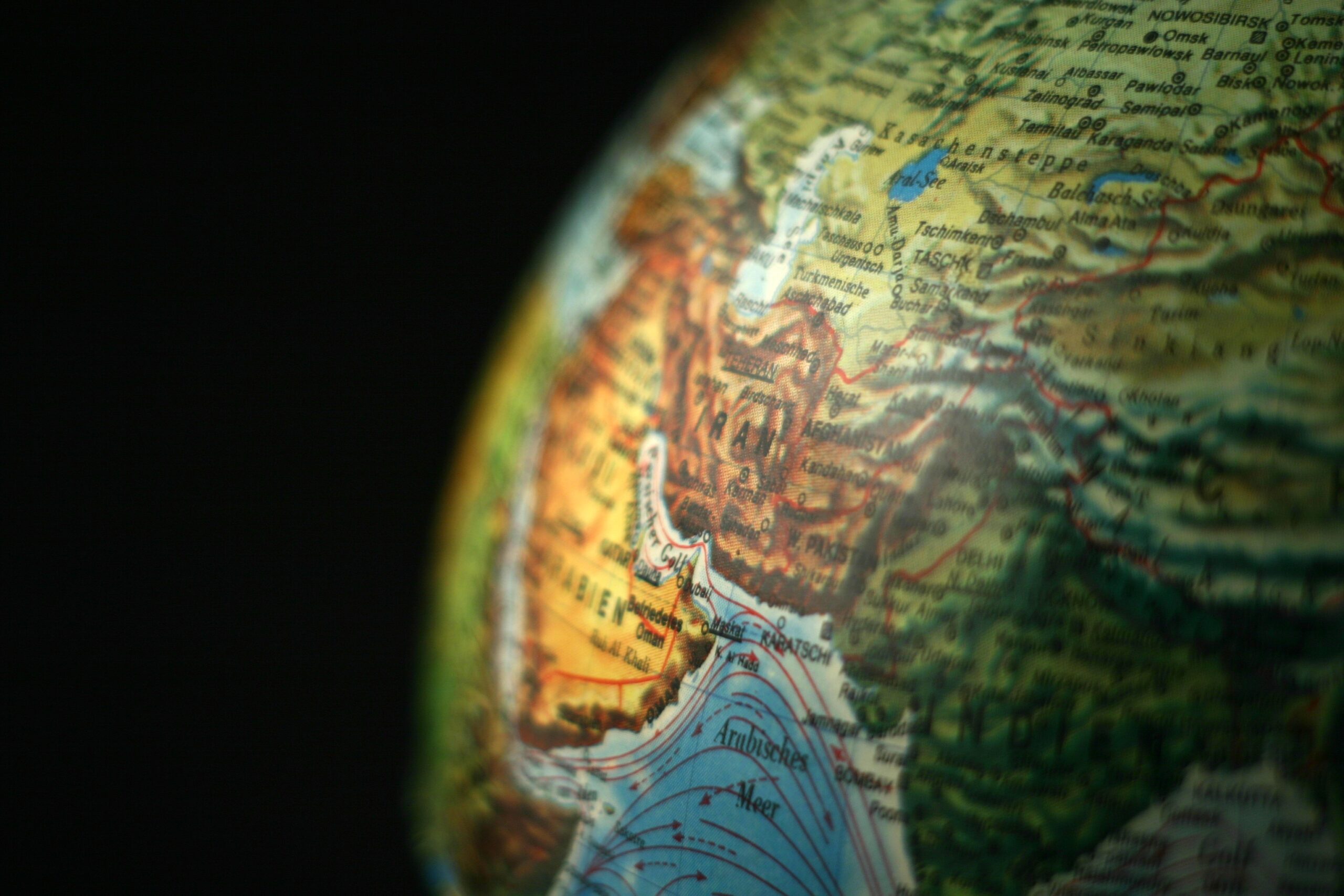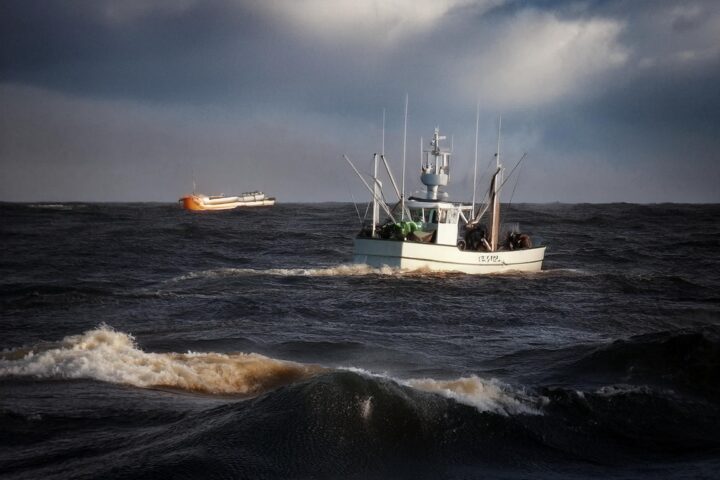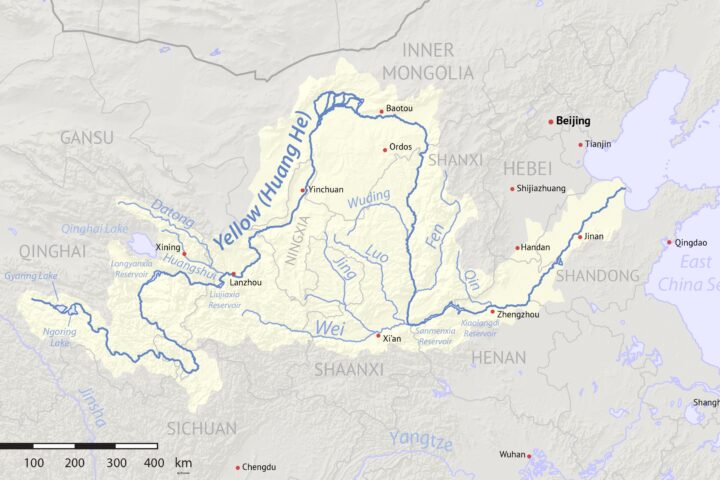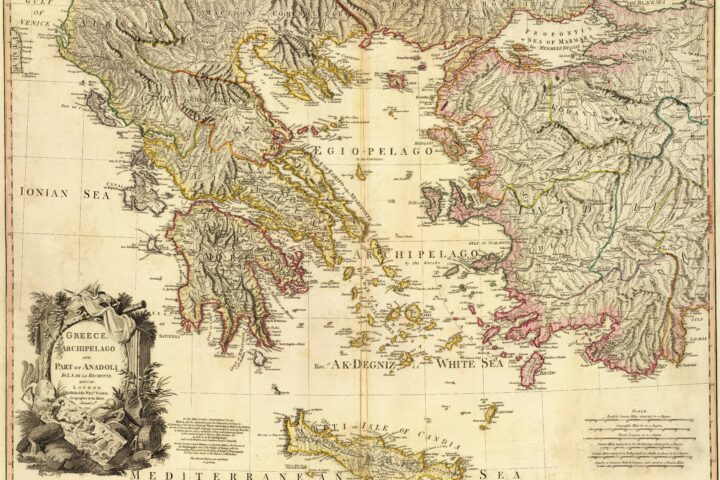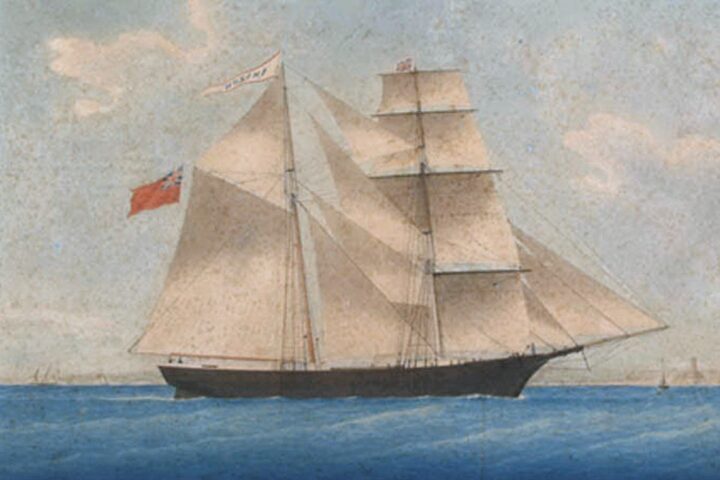Source: https://www.pickpik.com/globe-asia-iran-continents-earth-world-136930
Understand about the meanings of both geopolitics and globalization. Learn how their co-existence shapes the political and economic landscape of the world.
As we witness the emergence of the age of technology and staying connected with each other at all time, two of the most important themes in existence- geopolitics and globalization- can’t help but mix together to form the dynamic we have today.
Geopolitics is the study and analysis of the influence of geography in matters of international relations. This differs from traditional international studies in the sense that it entails arguments about the effects of geography- namely climate, access to sea, and topography- on the political landscape of the world. It influences international politics till date and continues to play a major role in matters of the state and the world.
Globalization, on the other hand, refers to the exchange of human goods and services all over the planet. According to the WHO, the best definition of this phenomenon is that it is “the increased interconnectedness and interdependence of peoples and countries. It is generally understood to include two inter-related elements: the opening of international borders to increasingly fast flows of goods, services, finance, people and ideas; and the changes in institutions and policies at national and international levels that facilitate or promote such flows.”
How are these two very separate, very different themes connected? Let’s find out.
Synergy of the two
Globalization directly impacts the realm of geopolitics. The interaction and free exchange of goods, information, services, and capital between the countries of the world has created a lot of new opportunities. This has given rise to both cooperation and competition.
Countries have become increasingly interdependent on each other and the need for maintaining stable relations is stronger than ever. If someone pulls out from a trade or foreign relation deal, the other country’s economy and trade services will be in grave danger. Henceforth, immense importance is placed on building and caring for foreign relations.
But cooperation also comes at the cost of competition. As smaller and developing countries come into the spotlight, their political and economic rivals suffer from a state of unrest. For example, economic developments in the East directly challenge the dominance of the Western market and the shift in power to the market in China has had significant impact on the relations between this country and the West.
Challenges
While, globalization had reaped its benefits for several economics, it poses as a threat for many other issues:
- The free flow of information has made it extremely difficult for nations to facilitate and control narratives. This has strained the domestic stability of the country because of the amount of misinformation floating around on the net.
- Competition to emerge as the global leader has worsened. Existing champions, fearful of getting dethroned, exert extreme dominance upon less developed countries who have to bear the brunt of this competition then.
- A nation’s sovereignty is in danger as, again, the free of flow has made it hard to act independently. All their actions are out here in the open and can easily be intervened in. The actions they do take are constrained by global norms and regulations.
So, all in all, we have our fair shares of geopolitical issues set out for us because of globalization. But experts predict that the latter isn’t safe from the former’s dealings either.
If one studies the history of the Industrial revolution and the ages of development after it, they will realize that globalization occurred back then too. It was just that we brought an end to it rather quickly. And experts fear that this is what will happen to this phenomenon again.
The previous phase of globalization had to be shut down because of two world wars and the Depression that followed. The latter was, in turn, followed by Protectionism which then paved the way for the financial crisis of 2007-09. This was the final nail on the coffin for globalization. And note how it started with a theme in geopolitics- a World War.
This can be understood as globalization turning into an era of deglobalization. The years between 1914-45 are to be blamed for this downfall which oversaw the complete disintegration of world order, both political and economic. As competition increases, so does the imminent threat to globalization.
The Future
Nothing can be said as of yet, though. The relationship between the two themes will continue to evolve as time goes by and will shape the trends of the modern world. Another factor which will most definitely play into this whole ordeal is Climate Change, which has already let its effect be known in the past few years.
With the kind of geographical implications Climate Change has, it would surely shape the geopolitical landscape of the world. This will surely be accompanied by technological advances. Hence, the two fields will stay deeply intertwined and will bring the most unpredictable changes in the future.
Resources
- Geopolitics | Political Science, Global Relations & International Security | Britannica. (2024). In Encyclopædia Britannica. https://www.britannica.com/topic/geopolitics
- What is Globalization? Examples, Definition, Benefits and Effects. (2024, March 25). Youmatter-Dev. https://youmatter.world/en/definitions/definitions-globalization-definition-benefits-effects-examples/
- Financial Times. (2018). @FinancialTimes. https://www.ft.com/content/8954a5f8-8f03-4044-8401-f1efefe9791b
- Geopolitics Is Corroding Globalization. (2024, June 3). IMF. https://www.imf.org/en/Publications/fandd/issues/2024/06/Geopolitics-Corroding-Globalization-Adam-S-Posen
- Globalisation and geopolitics. (2015, June 19). 21st Century Challenges; 21st Century Challenges. https://21stcenturychallenges.org/globalisation/

